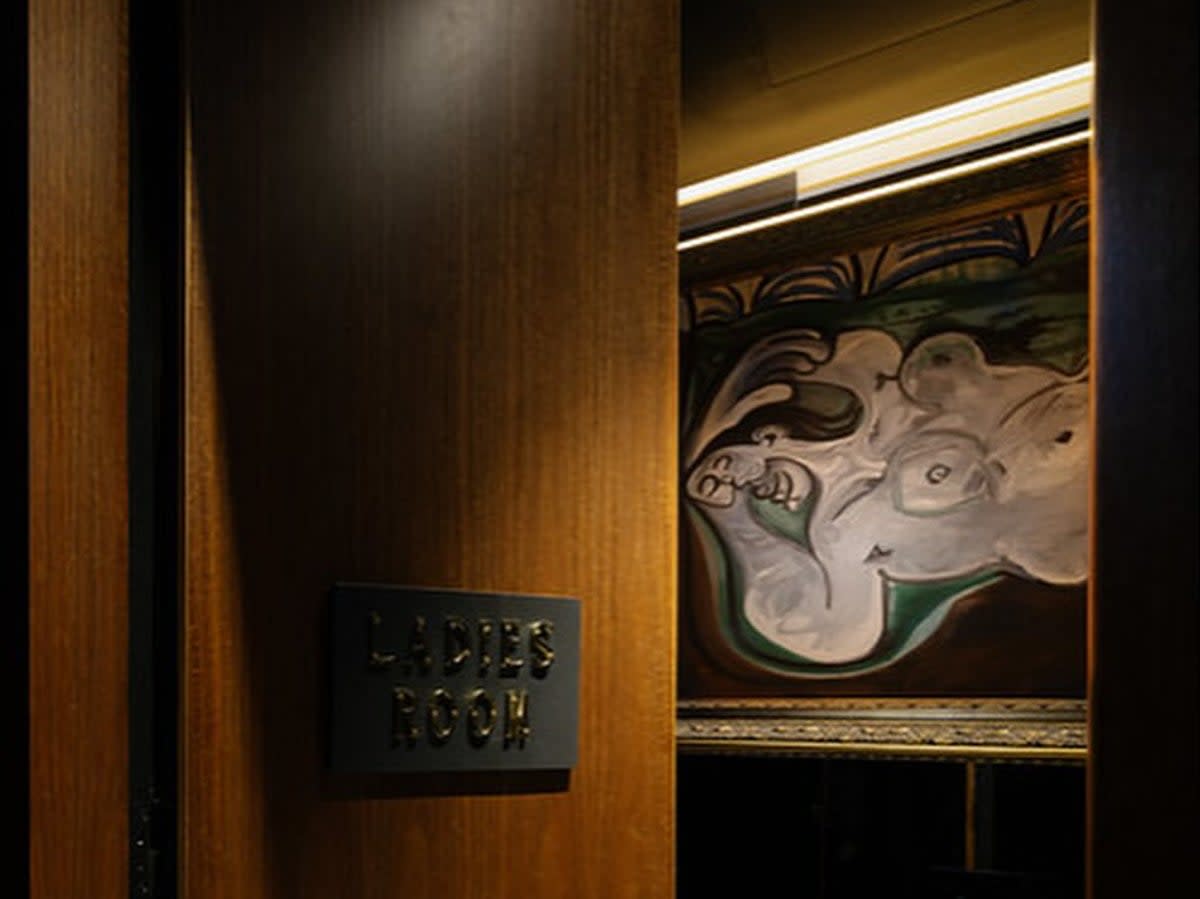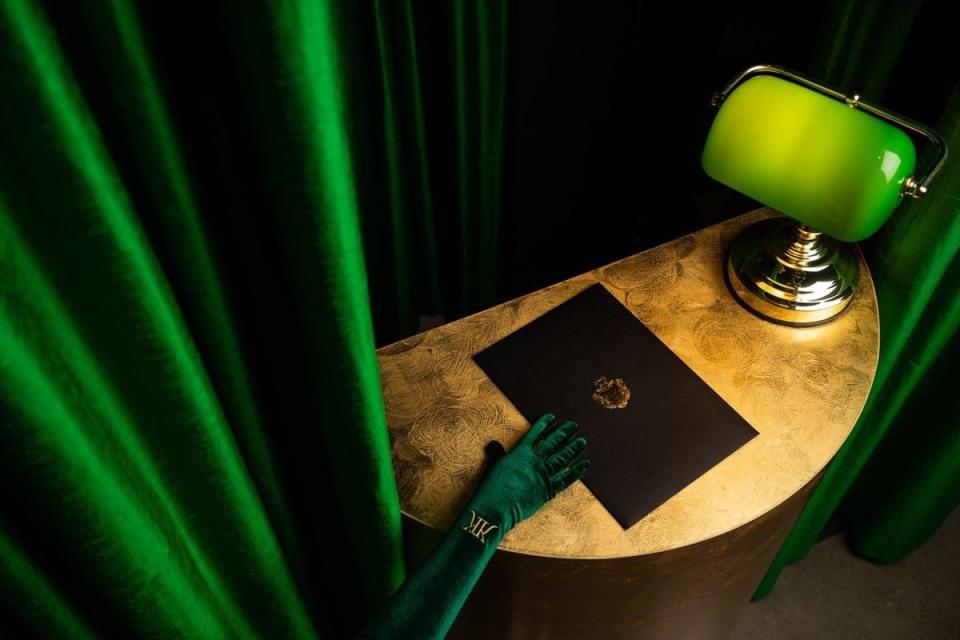Australian museum hangs Picasso collection in women’s toilet after court ruling

Tasmania’s Museum of Old and New Art (Mona) has moved part of its collection of Picassos to a ladies’ restroom after a court ruled that displaying it in a women-only exhibition space discriminated against men.
Kirsha Kaechele, the American artist who created the Ladies Lounge, is appealing the Tasmanian Civil and Administrative Tribunal (Tascat) decision from April that found the museum to be violating the state’s anti-discriminatory law and ordered Mona to allow “persons who do not identify as ladies” to enter the exhibition.
The exhibition had been closed after a man, New South Wales resident Jason Lau, sued the museum for denying him entry in April 2023.
Mona appealed to reverse the ruling, arguing that the decision took “too narrow a view on women’s historical and ongoing societal disadvantage” and that the Ladies Lounge can “promote equal opportunity”.
The Ladies Lounge, inaugurated in 2020, was a women-only exhibit modelled after the misogynistic, old-fashioned Australian pubs that women were excluded from until 1965.

Inside the lounge, women were served champagne by male butlers while they had a private view of artworks by the likes of Pablo Picasso and Sidney Nolan.
After the museum was sued, Ms Kaechele said she was “absolutely delighted” by the complaint, explaining that the men’s reaction to the exhibit was, in fact, the art.
“The men are experiencing Ladies Lounge, their experience of rejection is the artwork,” she said at the time.
In May, Ms Kaechele had said she was exploring loopholes to ensure that the Ladies Lounge would remain open to women only, and that the ideas included turning it into a toilet or a church.
“It’s a toilet that is celebrated the world round. It is the greatest toilet, and men won’t be allowed to see it,” she said at the time.
On Monday, Ms Kaechele took to social media to announce a “new exhibition at Mona just for ladies”.
“We never had female toilets at Mona before, they were all unisex,” she said.
“We’ll get the Lounge open again as a church/school/boutique glamping accommodation,” she added – a measure that would allow the venue to legally restrict male access under Section 26 of Tasmania’s Anti-Discrimination Act, which outlines the specific conditions under which gender-based access restrictions are permissible.
However, the museum planned to open the exhibit to men on Sundays – so that men could learn to iron and fold laundry, said Ms Kaechele.
“Women can bring in all their clean laundry and the men can go through a series of graceful movements (designed by a Rinpoche and refined by tai chi masters) to fold them,” she said in an interview published by the museum in May.
Tascat deputy president Richard Grueber ruled in April that Mr Lau’s complaint was valid, as he had been denied entry to a part of the museum solely because he was male.
“He had paid the full entry price for Mona, but was not able to experience the artwork contained within the Ladies Lounge,” Grueber’s decision stated, adding that the case “involves conflict between an artwork which deliberately and overtly discriminates for artistic purpose and legislation which has the objective of prohibiting discrimination”.
When announcing her decision to appeal the ruling, Ms Kaechele said in May that women loved the “space away from men” and that they deserved a safe space exclusively for women as reparation for millennia of inequality.
“Ladies love the Lounge – a space away from men – and given what we have been through for the last several millennia, we need it. We deserve both equal rights and reparations, in the form of unequal rights, or chivalry – for at least 300 years,” Ms Kaechele said.


